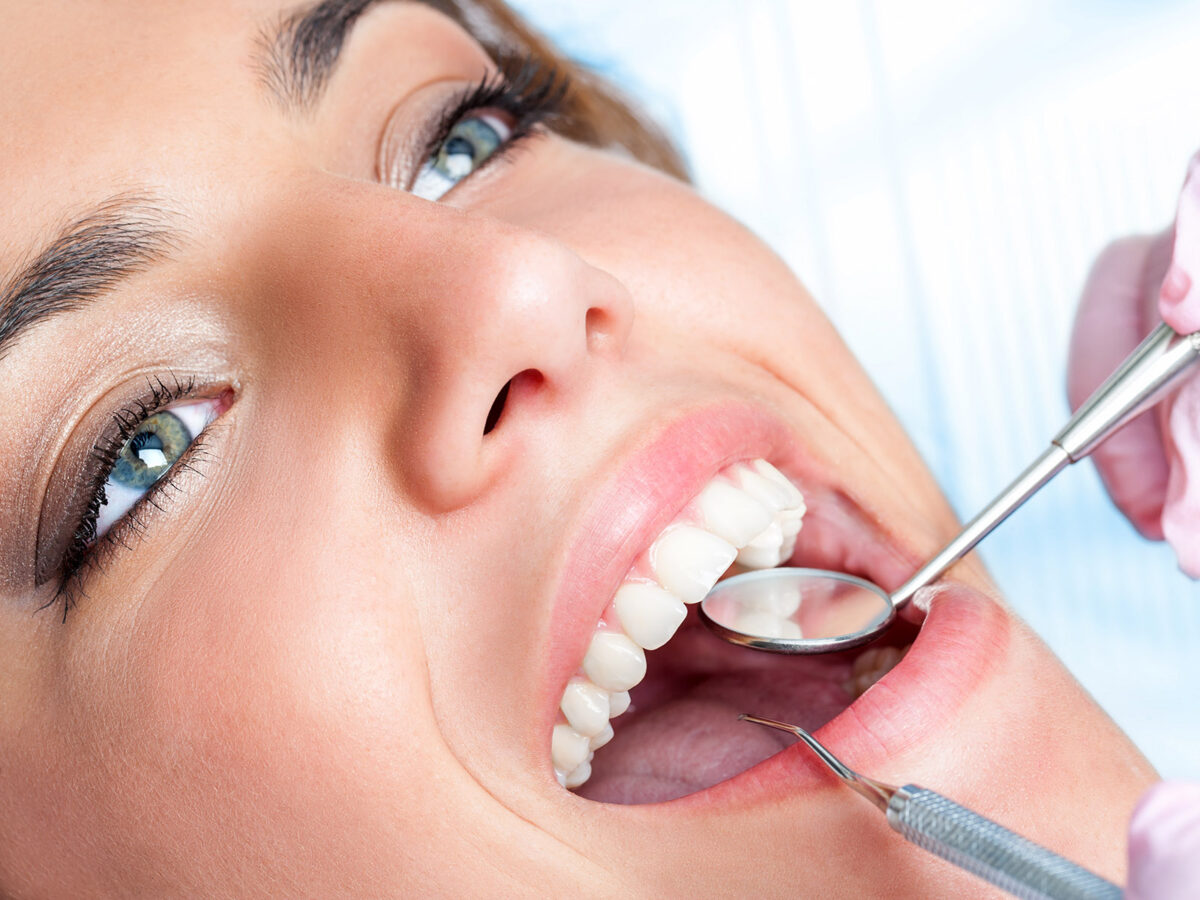Blog
Dental hygiene tips for healthy teeth & gums

Why Oral Cancer Screenings Are Important
Oral cancer is a devastating disease that threatens the lives of thousands of people every year. Early diagnosis and prompt intervention significantly improve successful outcomes from oral cancer treatment. Screenings for oral cancer are crucial in this respect. This article will explore the significance of oral cancer screenings, emphasizing their value in preserving general health by discovering mouth cancer at its earliest stages.
Importance of Oral Cancer Screenings
Oral cancer screenings look for malignant or precancerous tumors in the mouth to catch the disease early before it spreads. Early detection of oral cancer is associated with better treatment and increased survival rates. Regular checkups allow doctors to detect any abnormalities in the oral tissues early and begin treatment immediately if necessary.
- Because of its high incidence and fatality rates, oral cancer is a significant public health problem on a global scale. According to the American Cancer Society, there will likely be 54,010 new cases of oral cavity and oropharyngeal cancer diagnosed in the United States in 2021, with an estimated 10,850 deaths.
- Regular screening for oral cancer can help reduce these scary numbers by facilitating earlier diagnosis, faster treatment, and higher survival rates. By taking charge of their health and getting screened for oral cancer, individuals can reduce their risk of the disease progressing to a more severe stage.
- Oral cancer screenings are non-invasive and don’t cause any discomfort to the patient. Visual inspection of the lips, tongue, gums, inside of the cheeks, and throat is usually included. Specialized lights or dyes can be used by medical personnel to help see anomalies and worrisome lesions more easily.
- Oral cancer screenings are accessible and appropriate for people of all ages and walks of life due to their simplicity and convenience. The best way to maintain good dental and general health is to make frequent screenings a part of your preventative healthcare practice.
- Oral cancer screenings often detect precancerous lesions, commonly known as dysplasia. Dysplastic cells are characterized by morphological and cytological alterations that place them at increased risk of developing cancer.
How to Keep Oral Cancer at Bay?
- Regular screenings can detect and track the development of these precancerous lesions, allowing doctors to intervene before oral cancer has a chance to spread. This foresight is essential for early intervention and raises the probability of positive treatment outcomes.
- Several lifestyle and environmental variables can raise your chance of acquiring oral cancer. Tobacco and alcohol use, HPV infection, excessive sun exposure (lip cancer), lack of attention to oral cleanliness, and a family history of the disease are all risk factors for developing oral cancer.
- Because of the potential for early identification and treatment, tests for oral cancer are crucial for people at high risk of developing the disease. Healthcare providers can better advise patients on preventative measures, lifestyle changes, and treatment options if they know the risk factors for oral cancer.
- Oral cancer screenings should be performed routinely because they do much more than identify cancer. They provide for a thorough evaluation of one’s dental health. Healthcare providers will check the teeth, gums, and other soft tissues in the mouth during the screening. This makes it possible to detect conditions, including gum disease, infections, and oral symptoms of systemic disorders that could otherwise go undetected.
When people get their teeth checked while they get screened for oral cancer, it provides a full review of their oral health, leading to early detection and treatment of many issues.
Conclusion:
Screenings for oral cancer are critical in facilitating early detection, diagnosis, and treatment of the disease. A healthcare provider can detect Oral precancerous lesions using a painless and non-invasive examination. Treatment success and overall survival rates can be significantly increased with early identification.
People with a history of oral cancer in their family, who smoke cigarettes or drink alcohol, or who have other risk factors should get screened regularly. By taking this preventative measure, people can reduce their risk of developing oral cancer and keep it from spreading.
Oral cancer screenings should be standard preventative care for healthy mouths and bodies. If you want preventative measures against oral cancer, talk to your doctor or dentist about setting up frequent checkups. To reiterate, early detection is crucial.


